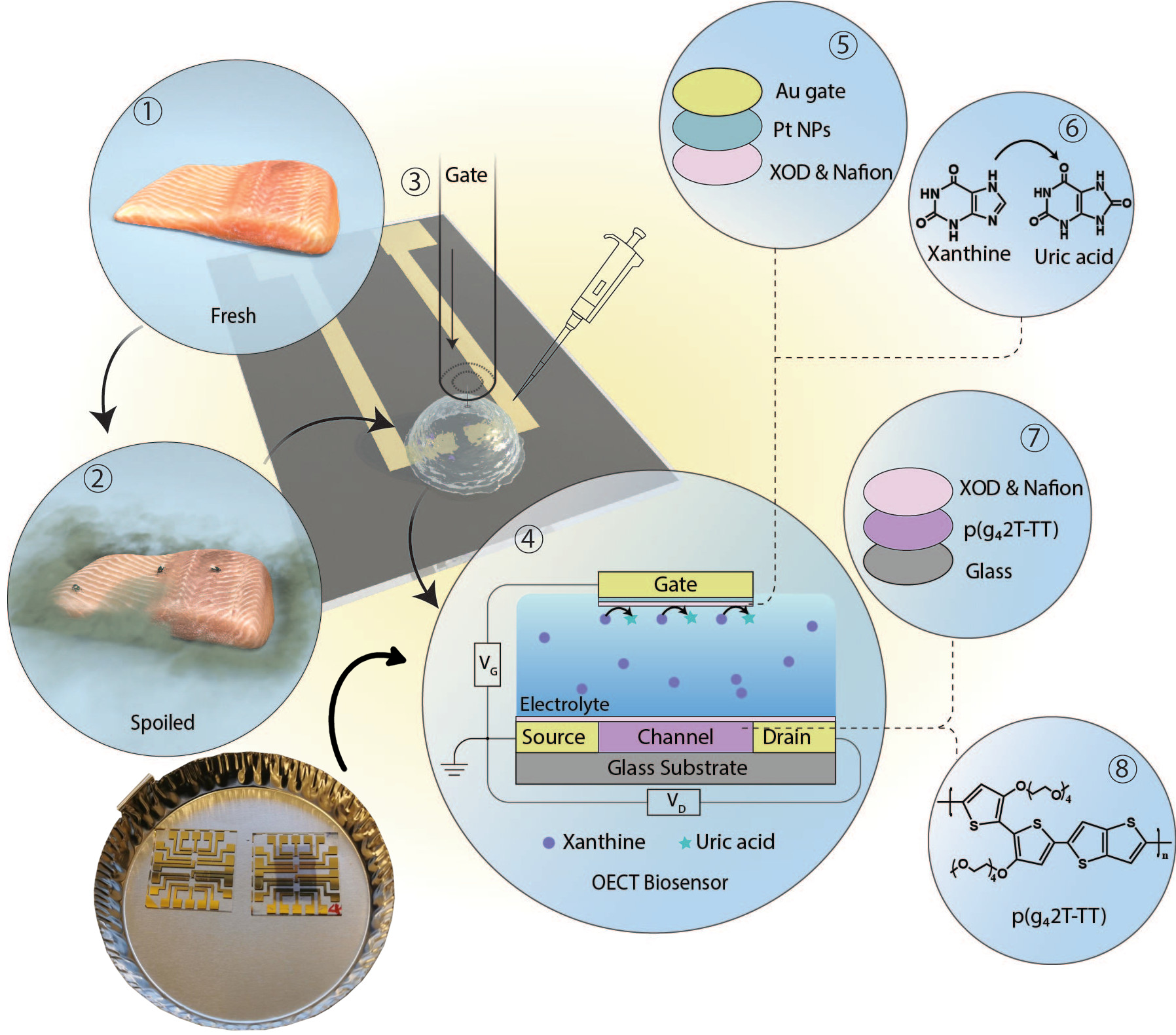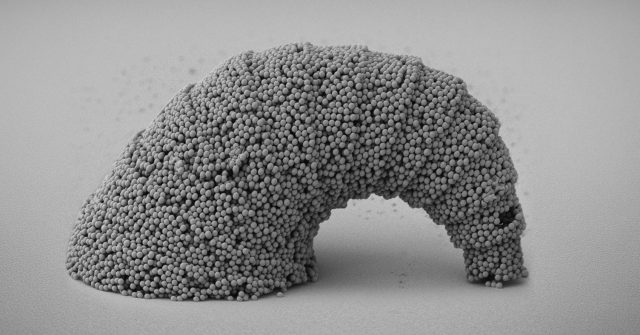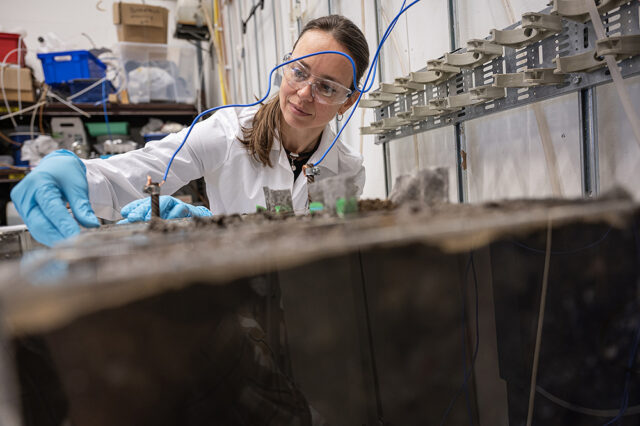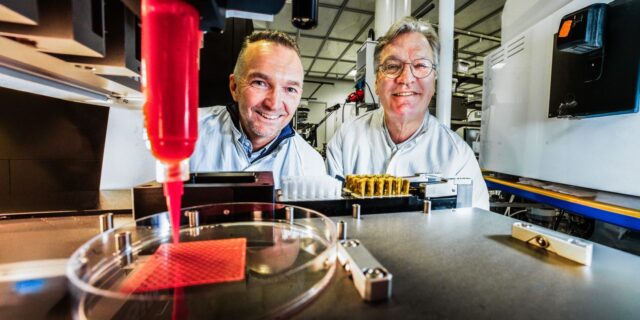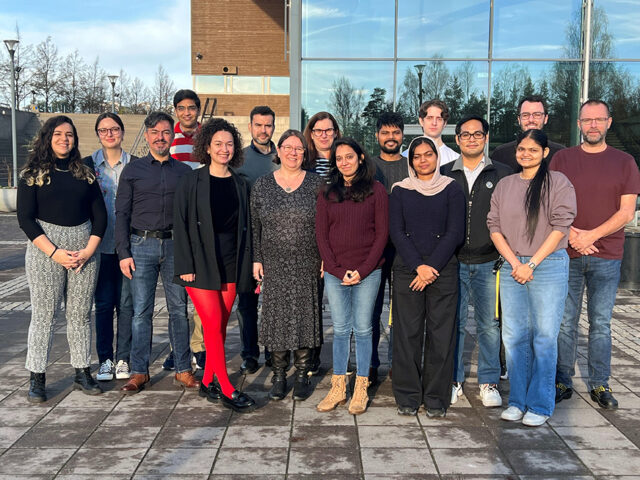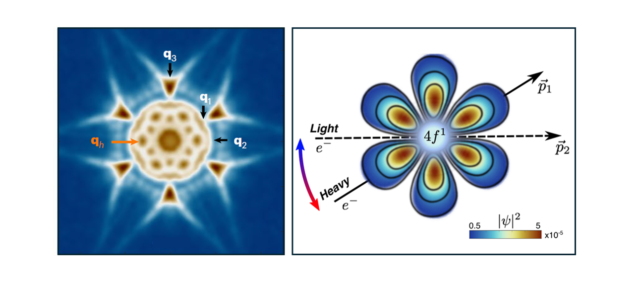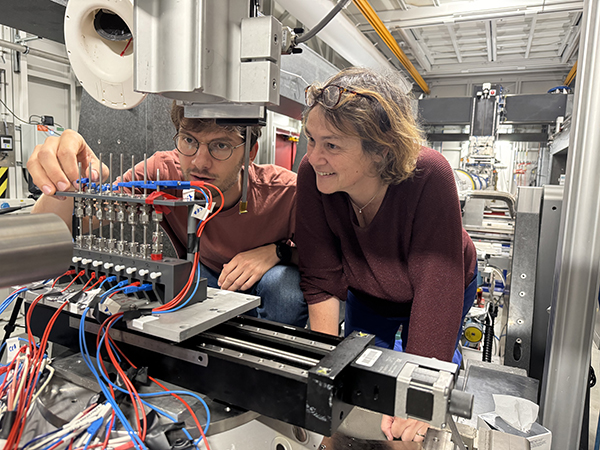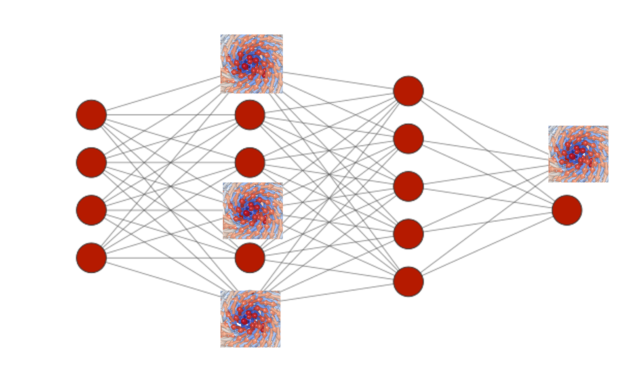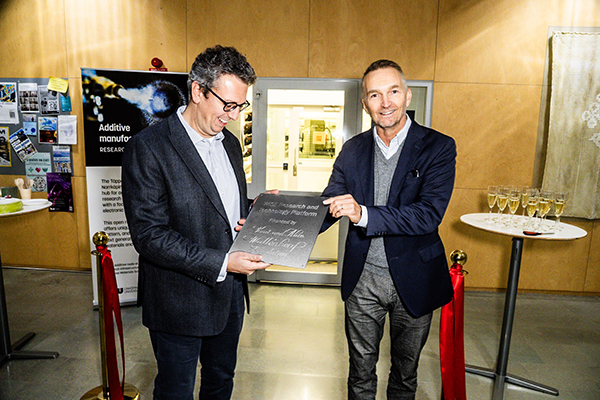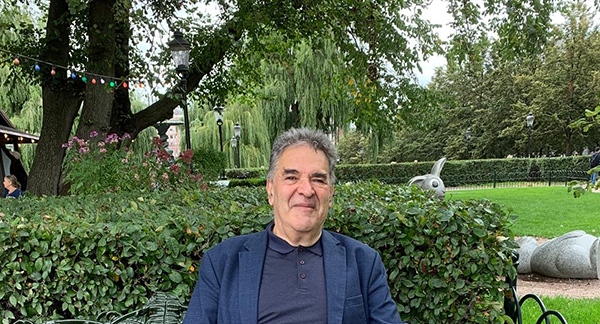Illustration adapted from the original publication in Biosensors and Bioelectronics
The UN Sustainable Development Goal (SDG) 12 promotes sustainable consumption and production. A key target is to cut global food waste per capita at retail and consumer levels in half while significantly reducing food losses along production and supply chains by 2030. In the EU, about 10% of food waste stems from confusion over date labels like “best before,” which often lead to the premature disposal of edible food. To address this, disposable food sensors have emerged as a transformative technology, offering precise monitoring of food quality.
A recent study published in Biosensors and Bioelectronics highlights a major advancement in this field. A team of researchers including Yunfan Lin, a WISE PhD student at KTH Royal Institute of Technology, WISE researchers Associate Professor Renee Kroon from Linköping University, Professor Anna Herland from KTH, and WISE Fellow Associate Professor Erica Zeglio from Stockholm University developed an innovative organic electrochemical transistor (OECT)-based xanthine biosensor. The biosensor uses a p-type polymer as its channel material to detect xanthine, a compound generated during the breakdown of adenosine triphosphate (ATP). Xanthine accumulation is a critical indicator of spoilage in post-mortem fish, shellfish, and meat. By detecting these changes, the biosensor helps consumers and retailers identify food freshness, reducing unnecessary waste.
Organic electrochemical transistor
OECTs are an emerging electronic device consisting of three terminals: source, drain, and gate (see illustration). Compared to traditional electrochemical biosensors, OECTs offer ease of processing and intrinsic amplification at small operating voltages, providing high sensitivity. Additionally, no reference electrode is needed for the measurement, which enables compact designs without sacrificing sensitivity. Unlike other types of transistors, the use of conjugated polymers instead of inorganic semiconductors makes OECTs suitable for bio-applications. While OECTs have been explored for detecting pathogens, ions, and vitamins in food, their potential for directly monitoring spoilage indicators like xanthine has remained largely untapped until now.
Sensor performance
The OECT biosensor’s performance was rigorously evaluated using xanthine solutions. Tests assessed its detection limit, linearity, and selectivity, showing high sensitivity. Tests on real fish samples revealed increasing concentrations of xanthine and hypoxanthine over 0–6 days at room temperature, demonstrating the sensor’s ability to track spoilage accurately.
– In general, we see that our developed OECT-based biosensor shows high sensitivity superior to traditional potentiometric and amperometric sensors. However, the main limitation is the short-term stability of the biosensor, making it more suitable as a disposable sensing system rather than long-term monitoring device, explains Yunfan Lin.
This innovative sensor is designed to monitor the freshness of meat and fish, paving the way for smarter, more reliable food quality checks.
To learn more about this interesting article entitled P-type accumulation mode organic electrochemical transistor biosensor for xanthine detection, follow this link https://www.sciencedirect.com/science/article/pii/S0956566324009357
Learn more about Associate Professor Renee Kroon’s research at WISE: https://wise-materials.org/project/design-rationale-of-conjugated-polymers-catalyst-coatings-for-electrochemical-production-of-hydrogen-peroxide/
Learn more about Professor Anna Herland’s research at WISE: https://wise-materials.org/project/biodegradable-organic-semiconductors-for-zero-waste-electronic-sensors/
Learn more about WISE Fellow, Associate Professor Erica Zeglio: https://wise-materials.org/fellow/erica-zeglio-2/
